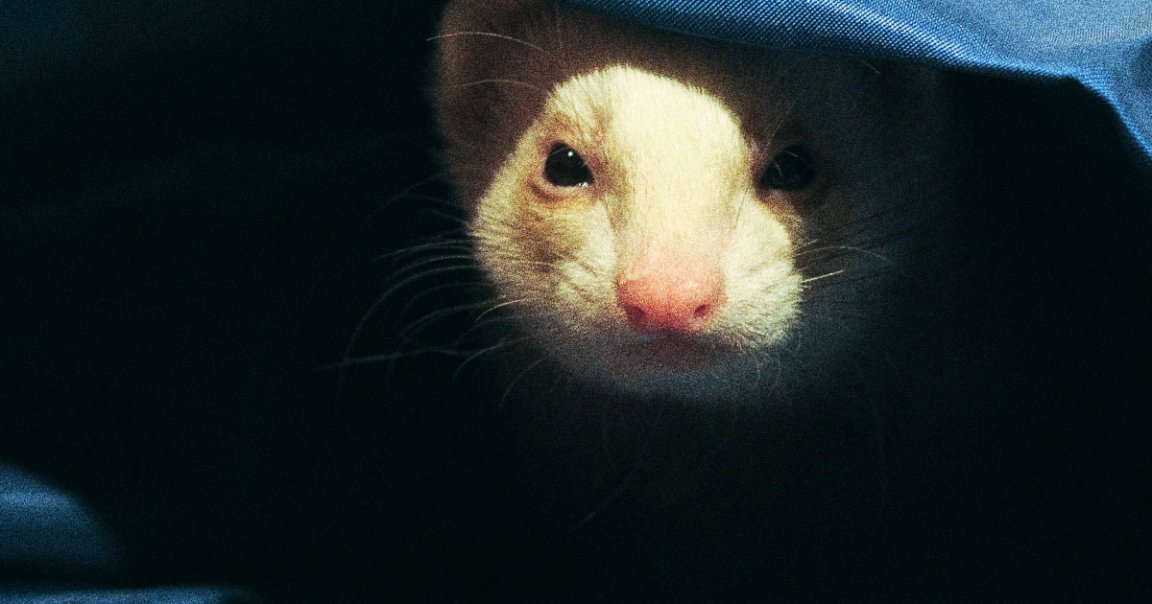
Scientists at Columbia University have developed a nasal spray that seems to block the coronavirus from infecting the nose and lungs.
If it works on people — the spray hasn’t yet been tested on human subjects yet — it could become an effective, low-cost preventative measure while we wait around for an effective vaccine, The New York Times reports.
“Having something new that works against the coronavirus is exciting,” Dr. Arturo Casadevall, immunology chair at Johns Hopkins Bloomberg School of Public Health, who didn’t work on the spray, told the NYT. “I could imagine this being part of the arsenal.”
The team tested out the spray on cultured cells and ferrets, finding in their study — which was shared online Friday but has yet to undergo peer review at an academic journal — that it protected against multiple known strains of the coronavirus for a full 24 hours. In a small study, COVID-free ferrets placed in a cage with a COVID-infected ferret remained healthy, while the ferrets which were given a placebo ended up catching the coronavirus.
“If it works this well in humans, you could sleep in a bed with someone infected or be with your infected kids and still be safe,” Dr. Ann Moscona, study coauthor and Columbia pediatrician and microbiologist, told the NYT.
The next step would be to test the nasal spray on human volunteers, but Moscona says the team needs to raise more funding before it can.
If it does work out, the NYT reports, the spray could feasibly become a compelling in-between measure to slow the disease’s spread until a vaccine is available. It seemed to totally block viral replication in studies, significantly lowering the risk of being exposed to people with COVID-19. And because it doesn’t need refrigeration, the team says it would be considerably cheaper to manufacture and distribute than other, more fragile treatments.